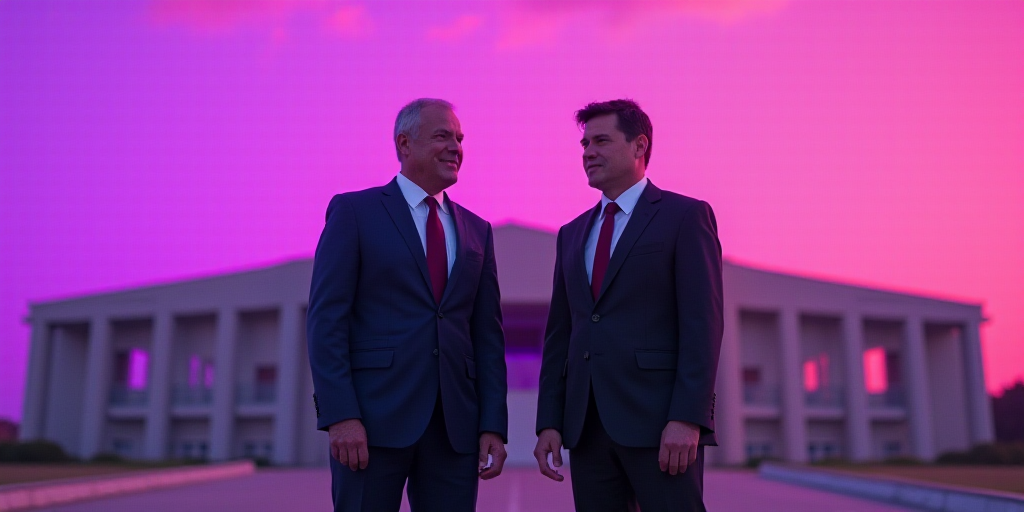Background on Key Figures
Donald Trump: The 45th President of the United States, known for his business acumen and controversial statements. His political influence remains significant even after leaving office.
Elon Musk: The CEO of Tesla and SpaceX, ranked as the world’s wealthiest individual. Musk is a visionary entrepreneur with a history of receiving government subsidies for his companies.
Trump’s Suggestion and Musk’s Response
On Tuesday, former President Donald Trump proposed that the Department of Efficiency Government (DOE) review the subsidies received by companies owned by Tesla CEO Elon Musk. Trump claimed this could save the federal government “BIG” sums of money.
Trump’s comments come after Elon Musk renewed his criticism of the widespread spending bill on Monday, vowing to oust lawmakers who supported it after campaigning on limiting public spending.
Trump stated on Truth Social, “Elon may receive more subsidies than any human in history, far and away, and without them, Elon would likely have to close shop and go back home, to South Africa. No more rocket launches, satellites, or electric car production, and our country would save a FORTUNE. Maybe we should make DOGE look into this? MUCH MONEY TO SAVE!!!”
In response, Musk tweeted on his social media platform X, “I’m saying literally EVERYTHING. I already did.”
Musk’s Recent Political Stance
After weeks of relative silence following a dispute with Trump over legislation, Musk re-engaged in the debate on Saturday when the Senate addressed the tax package, calling it “totally crazy and destructive.”
On Monday, Musk intensified his criticism, targeting lawmakers who campaigned on cutting spending but backed the bill. He stated they “should be ashamed” and would “lose their primaries next year, even if it’s the last thing I do on this Earth.”
Musk has argued that the legislation would significantly increase national debt and erase the savings he claims to have achieved through DOGE.
Impact on Political Landscape and Tesla
The disagreements have caused a rift in Musk’s relationship with Trump, marking a stark change after the tech billionaire spent nearly $300 million on Trump’s re-election campaign and led the controversial DOE initiative, a federal cost-cutting effort.
It remains unclear how much influence Musk holds over Congress and the potential impact of his opinions on the bill’s approval. However, Republicans have expressed concern that Musk’s animosity towards Trump could harm their chances of retaining the majority in the 2026 legislative elections.
The dispute has also caused volatility in Tesla’s stock, with its shares experiencing significant price swings that erased approximately $150 billion from its market value. However, the stock has since recovered.
Key Questions and Answers
- What is the main issue? The disagreement between Donald Trump and Elon Musk over government subsidies for Musk’s companies.
- Who are the key figures involved? Donald Trump, the former U.S. President, and Elon Musk, CEO of Tesla and SpaceX.
- What did Trump propose? Trump suggested that the Department of Efficiency Government review subsidies given to companies owned by Elon Musk to save significant federal funds.
- How did Musk respond to Trump’s proposal? Musk responded by stating he had already addressed the concerns and criticized lawmakers who supported a spending bill despite campaigning on limiting public spending.
- What are the potential consequences of this disagreement? The dispute could impact Tesla’s stock volatility and influence Republican chances in future elections.






